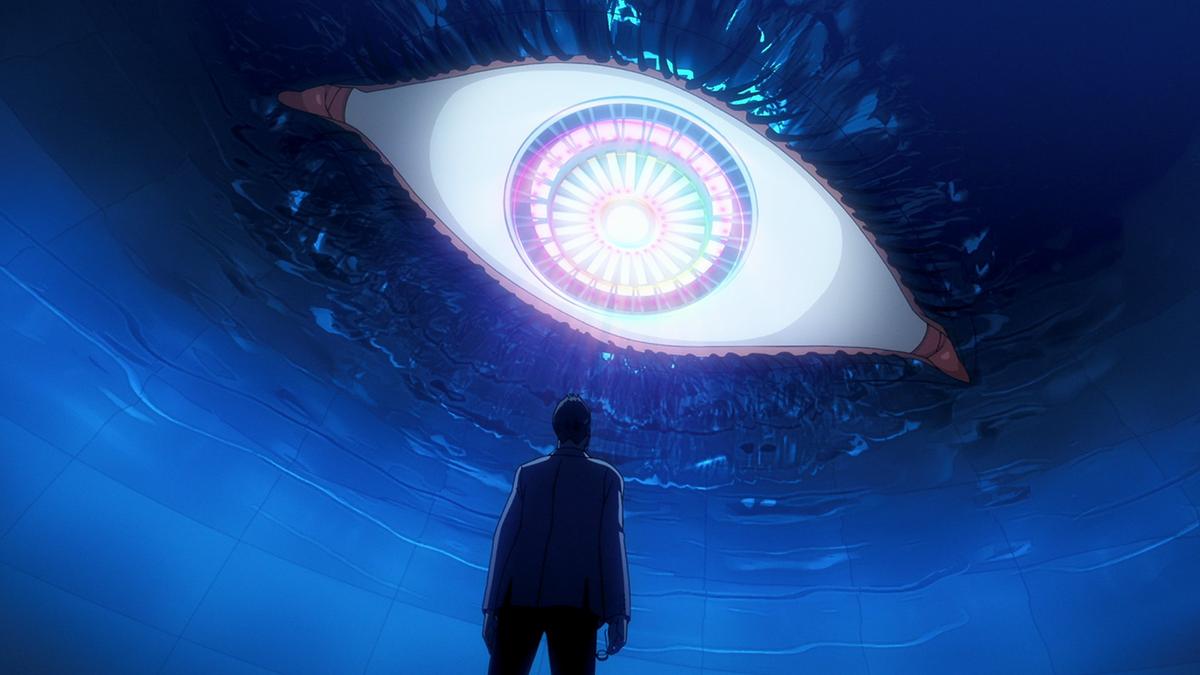A nonetheless from ‘Terminator Zero’
| Picture Credit score: Netflix
For a franchise that after outlined bleeding edge sci-fi cinema, James Cameron’s evanescing imaginative and prescient for the sequence has more and more felt like a relic of its personal dystopian way forward for late. The previous few instalments — a shoddy convoluted mess of tangled timelines and diminishing returns — appeared extra like a cussed refusal to let go than a significant continuation of a narrative that, let’s face it, was completely wrapped up in 1991. However when it appeared like Skynet and its menacing metallic minions had lastly been terminated for good, Netflix’s newest enterprise — in a sequence of profitable animated initiatives — serves as an inexorable system patch that breathes new life into the franchise by posing a brand new query: What if humanity isn’t value saving in any case?

In its first animated, not to mention anime, outing, the Terminator franchise takes a daring and crucial leap, relocating the motion from the acquainted streets of Los Angeles to the neon-lit haze of 90’s Tokyo. Sequence creator Mattson Tomlin’s resolution revitalises the very core of the sequence moderately than simply refresh its surroundings. Directed by Masashi Kudô and dropped at life by the famend Japanese animation studio Manufacturing I.G., Terminator Zero wraps the alloyed coatings of its pulse-pounding thrills round its cerebral, philosophical musings.
Terminator Zero (Japanese)
Creator: Mattson Tomlin
Forged: Yuuya Uchida, Toa Yukinari, Saori Hayami, Atsumi Tanezaki
Episodes: 8
Runtime: 25 to 30 minutes
Storyline: The day earlier than Judgment Day, Malcolm Lee finds himself and his three youngsters pursued by an unknown robotic murderer, and a mysterious soldier from the 12 months 2022
The sequence follows Malcolm Lee, a beleaguered scientist who locks himself away together with his AI creation, Kokoro — the Japanese couter-part to Cyberdyne’s Skynet — in a determined bid to stop Skynet’s nuclear onslaught by bringing her on-line. However earlier than he may even activate her, Malcolm faces an existential dilemma. In the meantime, a relentless T-800 who has hurtled again by time to remove him is pitted in opposition to a resistance fighter from the longer term, together with Malcolm’s youngsters and their soft-spoken babysitter.

The beating coronary heart of the narrative is a concerningly prescient dialog that echoes the AI-obsessed existential dread of our age: with humanity’s self-destructive propensity in direction of warfare and ceaseless battle, does it really need to be preserved? It’s a query posed by Kokoro, and it’s one which Zero tackles with a nuance and ethical ambiguity that the franchise has seldom dipped its heavy steel toes in earlier than. The dialogue between Kokoro and Malcolm takes a dive off the deep finish into the ethics of synthetic intelligence which might be unsurprisingly related.

A nonetheless from ‘Terminator Zero’
| Picture Credit score:
Netflix
In fact, that is nonetheless the Terminator universe, and Zero doesn’t skimp on its attribute adrenaline rushes. The sequence is full of the type of visceral, superbly choreographed fluidity that anime does so effectively, which was sorely missing within the latest live-action franchise instalments. However what’s outstanding right here is how the present balances these sequences with its extra contemplative moments. One second, we’d witness the cataclysmic fallout of Judgment Day play out in unflinching element, and the subsequent, we’re handled to a quiet, virtually meditative dialog on the character of destiny. It’s this delicate equilibrium that Kudô and his staff maintain with aplomb.

The sequence additionally properly strikes away from an overreliance on Arnold Schwarzenegger’s iconic however more and more anachronistic presence. As a substitute, it introduces a brand new, terrifyingly environment friendly T800 — a chameleonic antagonist who’s as crafty, relentless and terrifying. Free from the constraints of live-action, this new Terminator is rendered with a disconcertingly inhuman precision, that makes him some of the formidable foes within the franchise’s historical past.
Complementing its beautiful visuals are the mixed efforts of composers Michelle Birsky and Kevin Henthorn who put collectively an evocative mood-board of musical concepts that lends the sequence a tenderness past its fatalistic underpinnings.
However what really units Zero aside is its willingness to grapple with the darker implications of the Terminator mythos. Gone are John and Sarah Connor’s fervent goals of cancelling the apocalypse. In its stead, is a contemporary take about whether or not the apocalypse would possibly really be a mercy. The sequence’ Japanese setting gives a lens by which it explores themes of technological hubris and the scars of historical past. The shadow of World Warfare II looms massive over the manufacturing, and the choice to drop weapons of mass destruction on the island nation (once more) greater than compensates for Oppenheimer’s reductive, glorified lapses on the harmful potential of unchecked expertise.
It’s too quickly to discover sure characters (one, notably stricken by her duplicitous previous) and their implications with out giving an excessive amount of away, however Zero succeeds the place so many earlier makes an attempt to revive the franchise have failed as a result of it dares to do one thing totally different. It expands on the recaptured magic of the originals and gives provocative new questions for a brand new technology. Terminator Zero espouses a return to type in favour of a brand new type altogether, one that’s way more thought-provoking than the concepts Cameron set in movement 40 years in the past.
Terminator Zero is at the moment streaming on Netflix





